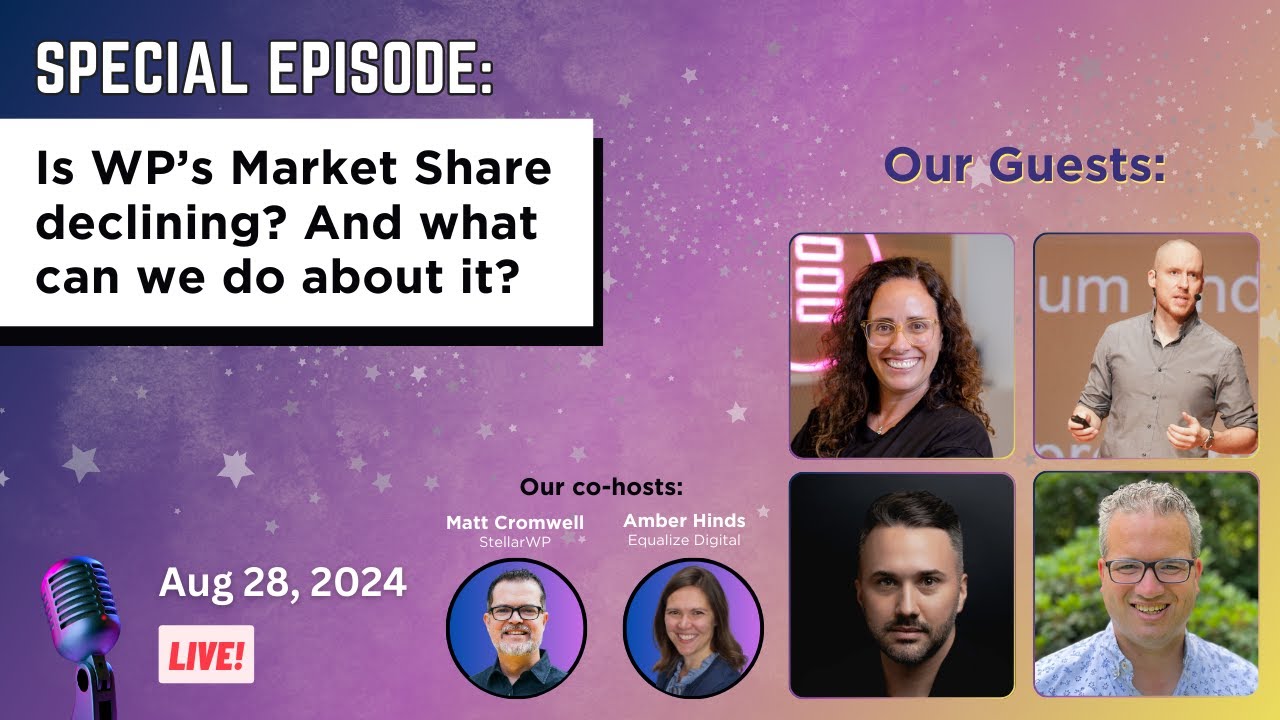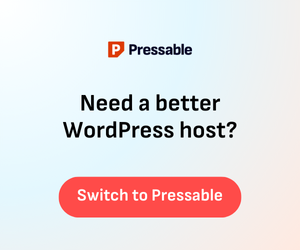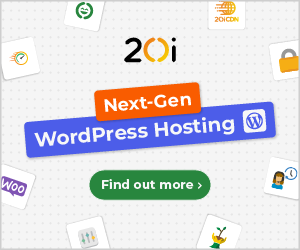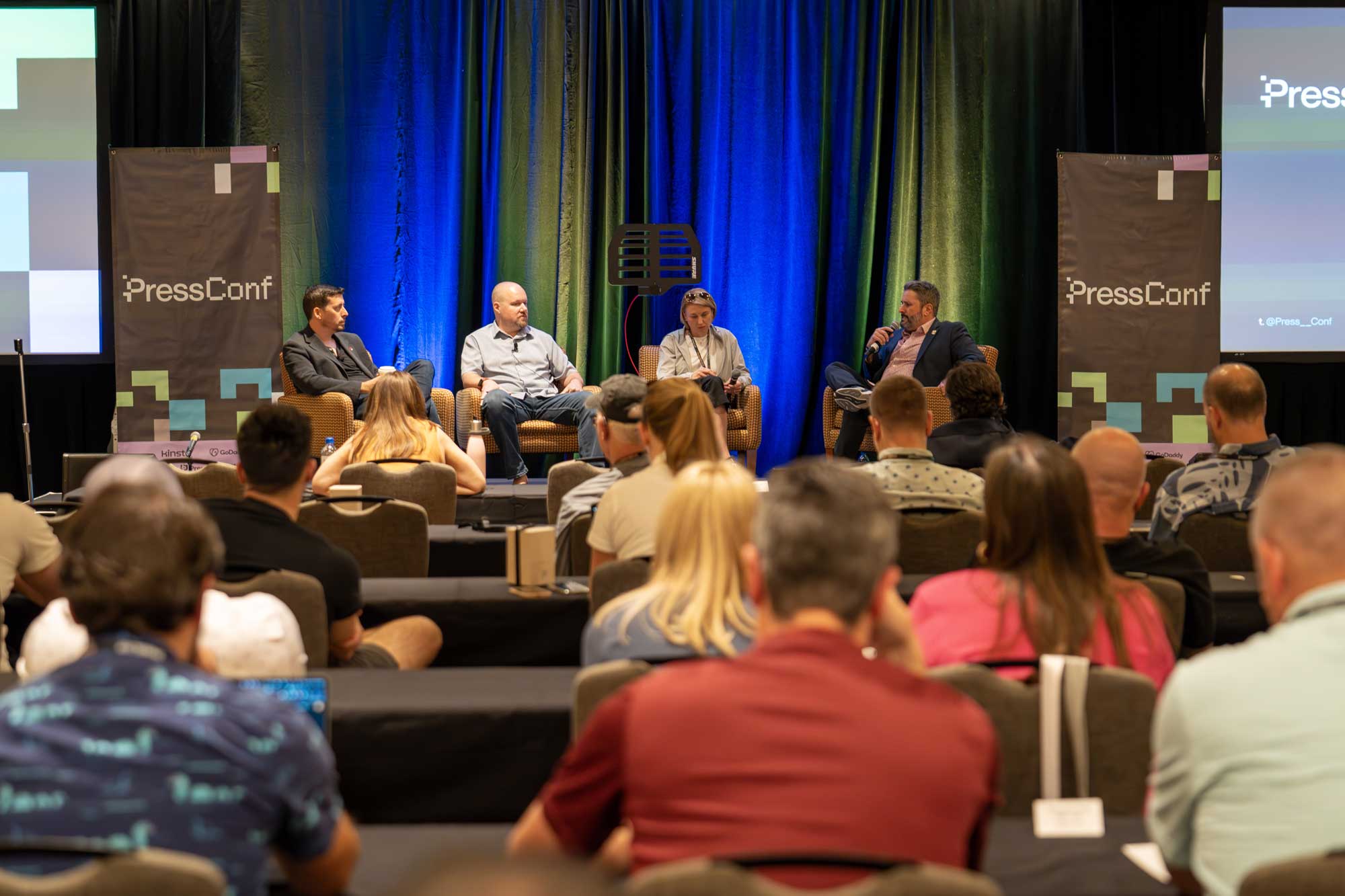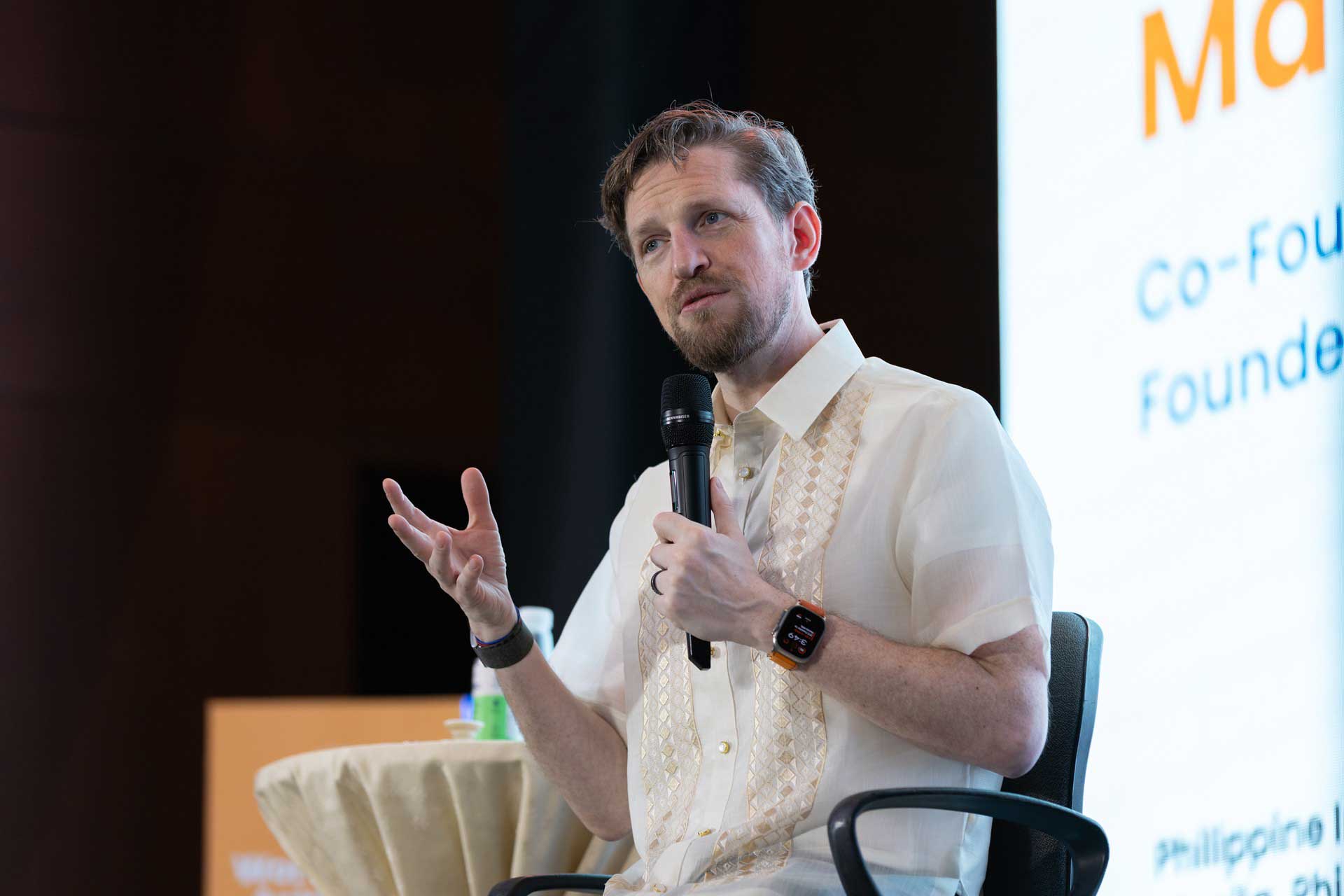Could WordPress soon have a marketing consortium to tackle the project’s stagnating market share?
During this week’s episode of WP Product Talk, Miriam Schwab, Head of WordPress Relations at Elementor, proposed forming a marketing consortium of major WordPress companies. The goal? To pool resources and develop a clear, sustained marketing strategy to compete with aggressive advertising campaigns from the likes of Wix and Squarespace.
“Large companies that are highly dependent on WordPress… who need and want WordPress to continue growing and it’s important to them, with this type of marketing consortium idea, everyone puts in some budget,” said Schwab. “Yes, I know that’s a crazy idea, but these companies tend to have pretty large marketing budgets anyway.”
Schwab’s proposal followed an analysis of market share data. Joost de Valk of Emilia Capital shared findings from his latest analysis of HTTP Archive’s dataset, which shows WordPress at 35.26% market share, down by 0.28% month-over-month. Though the decline is within the margin of error, he said it raised concerns given WordPress’s growth trajectory in recent years.
Noel Tock, co-founder of Human Made, also shared an analysis using BuiltWith data on the top 1 million sites. Tock said trends showed WordPress was increasingly being used on subdomains rather than main domains, raising questions about its positioning in enterprise markets. He noted that market share data was a “lagging indicator,” capturing current usage but missing the broader trend of diminishing excitement around WordPress.
Schwab echoed Tock’s concerns, noting that in its earlier days, WordPress generated excitement with game-changing features like custom post types and a vibrant ecosystem of plugins, themes, and events. More recently, she said the platform seemed to have stagnated, with a shift toward catching up with what third-party page builders and plugins already offer.
“WordPress used to have this wow factor, where every release brought new, exciting features that were game-changing. But now, it feels like we’re just tweaking things, and there isn’t as much to get excited about. That excitement is what we’re missing,” Schwab said.
Automattic Product Manager Rich Tabor, who also participated in the discussion, agreed that if WordPress could make its product more exciting and accessible, marketing efforts would have a greater impact. “We have a lot of capability; it’s just not in a state where it’s inspiring. A lot of the pieces have been built over the years, but they need refinement,” he said. “If we get the product to a point where it is inspiring again, then marketing efforts will have much more of an impact because you’re marketing inspiration, not just feature sets.”
Tabor added, “You can send twice as many people to WordPress [today], but would twice as many stay? I don’t know.”
Outside of Wednesday’s WP Product Talk livestream, Schwab’s proposal is already gaining traction. Schwab is organizing an informal marketing round table, which will be held in-person at WordCamp US 2024 on Contributor Day.
Does WordPress need a Chief Marketing Officer?
In addition to establishing a consortium, de Valk emphasized the need to appoint a WordPress CMO.
“I think, to a degree, WordPress does need a CMO… someone to lead that sustained marketing effort,” he said. “Unlike building a product, which I actually think you can do by committee to some degree, good marketing campaigns don’t necessarily come from a committee.”
He stressed that the WordPress community needed to embrace that “marketing is necessary and not something to shy away from.”
De Valk, perhaps more than most, understands the difficulties around WordPress marketing.
In January 2019, he was appointed Marketing and Communications Lead for the WordPress project and stepped down just five months later due to conflicting views about his role.
At the time, de Valk explained that the lack of a clear definition of marketing and differing views within the project contributed to his decision. “There’s a stark difference between where I thought I would be in the organization in this role, and where I am actually finding myself now,” de Valk said. “Even things that every outsider would consider marketing (release posts, about pages) are created without even so much as talking to me or others in the marketing team. Because I felt left out of all these decisions, I feel I can’t be a marketing lead.”
What happened to the WordPress Advisory board?
WordPress has grown organically over the years, achieving its 43% market share through the power of its community without advertising campaigns or traditional marketing initiatives.
However, in August 2016, WordPress co-founder Matt Mullenweg acknowledged during WordSesh that direct competitors, including Squarespace, Weebly, and Wix, were spending millions on marketing to compete with WordPress. At the time, WordPress had a 26% market share.
Mullenweg proposed the idea of a WordPress Growth Council and formalized it with a blog post and an open invitation for council member applicants. In his 2017 State of the Word address, Mullenweg announced the establishment of two growth councils, one focused on enterprise and the other on consumers.
The growth councils met monthly through 2018, but in December of that year, WordPress Executive Director Josepha Haden Chomphosy disbanded them due to logistical challenges and “too much analysis causing paralyzed decision-making.”
In July 2019, Haden Chomphosy proposed setting up a nomination-based advisory board to replace the growth councils. As Sarah Gooding reported for WP Tavern at the time, the idea was that the board would provide “information on industry trends and risks as well as non-binding strategic advice to the Project Lead and Executive Director.”
Despite positive feedback and more than 60 comments on her proposal, the advisory board was never established, possibly due to the onset of the COVID-19 pandemic a few months later.
More recently, in March 2024, Haden Chomphosy disbanded the WordPress Marketing Team to run a Media Corps “experiment” to address WordPress’s stagnating growth. Announcing the Media Corps, she said that due to a “variety of reasons from logistical to philosophical,” the marketing team could not be given the influence it sought over the project’s product roadmap, branding, budgets, or direct access to WordPress properties (such as the WordPress.org X/Twitter account, which belongs to co-founder Matt Mullenweg), and so it was time to change tack.
Does WordPress need a marketing consortium? With WordPress’s growth slowing and excitement fading, could a marketing consortium be the answer? Share your thoughts in the comments below.


